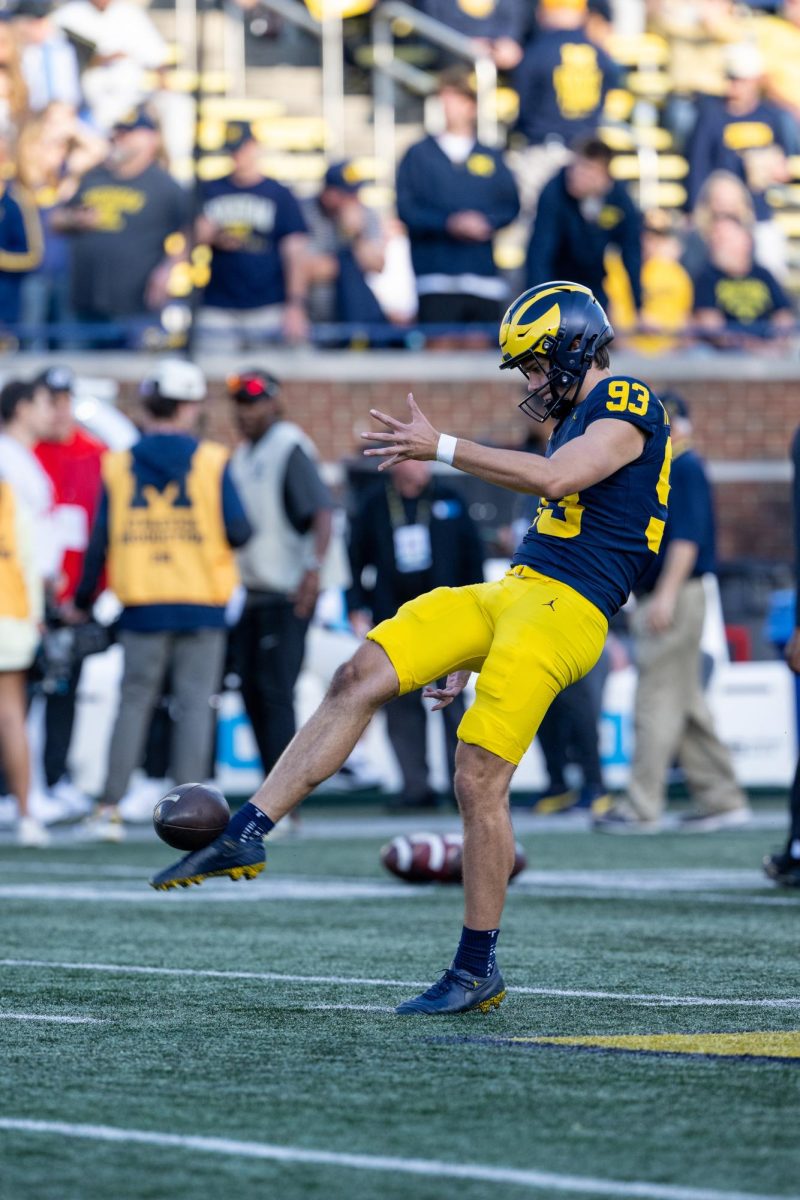Imagine losing a crazy amount of money and being stuck in a dog cage with all of your friends surrounding you with lots of food and drinks that are all about to be poured over you. That’s what losing fantasy football can do to you. The NFL season and fantasy football are closely intertwined, as the performers of real-life players directly impact teams’ outcomes.
As leagues have grown throughout the years, so have the traditions that go along with them. One of the most interesting and sometimes controversial aspects of fantasy football is the punishments for the last-place finishers. Fantasy football punishments are a fun way to add some extra motivation and competition to your league.
Fantasy football allows you to win a pot of money if you win the league, but there is a risk of finishing last, losing your money, and doing a punishment. The nerves of cheering for certain players, bragging with your friends, and the chance of winning the pot money exceeds what you might have to do if you finish last.
Leagues have become increasingly creative in creating punishments, with most of them becoming more severe. While some leagues choose to do nothing for all fun and games or light-hearted punishments, others take a more serious approach.
Some punishments that have happened here at Berkley include staying in a dog cage, getting food and drinks poured over you, having to make embarrassing videos that had to be posted online, and running a milk. This is where you run a mile and you have to drink a cup of milk after each lap until you finish all four laps; it is one of the most common punishments we have seen at Berkley. We have also seen people being left at a mall for seven hours without their phones.
Sophomore Noah Katkowsky is currently one of 12 players in a league with 11 of his friends. He has been doing fantasy football since 2017, and he was one of the last-place finishers of fantasy football last year. He had to run the milk mile, which is where he had to run four laps around a track (1 mile) and drink a cup of milk after each lap. He mentions, “I have noticed trends in punishments over the years, better ideas, and more annoying to have to do.”
Over the last seven decades, fantasy football has transformed from the fun hobby of a select few, into an international phenomenon, capturing the attention of millions of people across the world. According to Britanica’s report on fantasy sports, in 1962, Bill Winkenbach, then part owner of the Oakland Raiders (now the Las Vegas Raiders), gathered with some friends, and together they created the first fantasy football league.
In 1988, they only had around 500,000 people participating in fantasy sports, whereas now, they have over 60 million participating, roughly 30 million of the 60 million people that participate in fantasy sports play fantasy football.
The thrill of playing fantasy sports often comes from the excitement of strategizing, drafting, and managing your team throughout the year and the personal investment in players and teams. However, the connection to the punishment can manifest in a few different ways.
The fear of finishing last again doesn’t faze some people, including Katkowsky, “I don’t have any fear in doing the league again, because it makes me more determined to have a good comeback season and win.” The punishment adds the fear of finishing last, so it makes more people want to pay close attention. “Yes, people will pay more attention with a punishment because they do not want to have to do something bad,” says Katkowsky.
Whether you’re strategizing for your draft, on your way to win the pot money, or preparing for the punishment, fantasy football brings lots of excitement, or if you dare to finish last, even fear. Fantasy football keeps on growing, and as more people want to join leagues, there will be a bigger cash prize, but also the risk of punishment.









